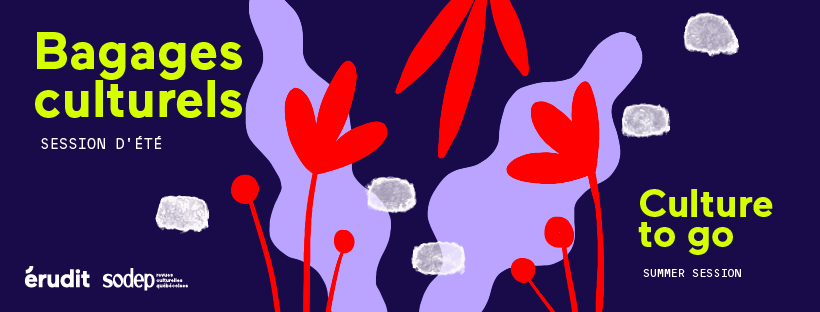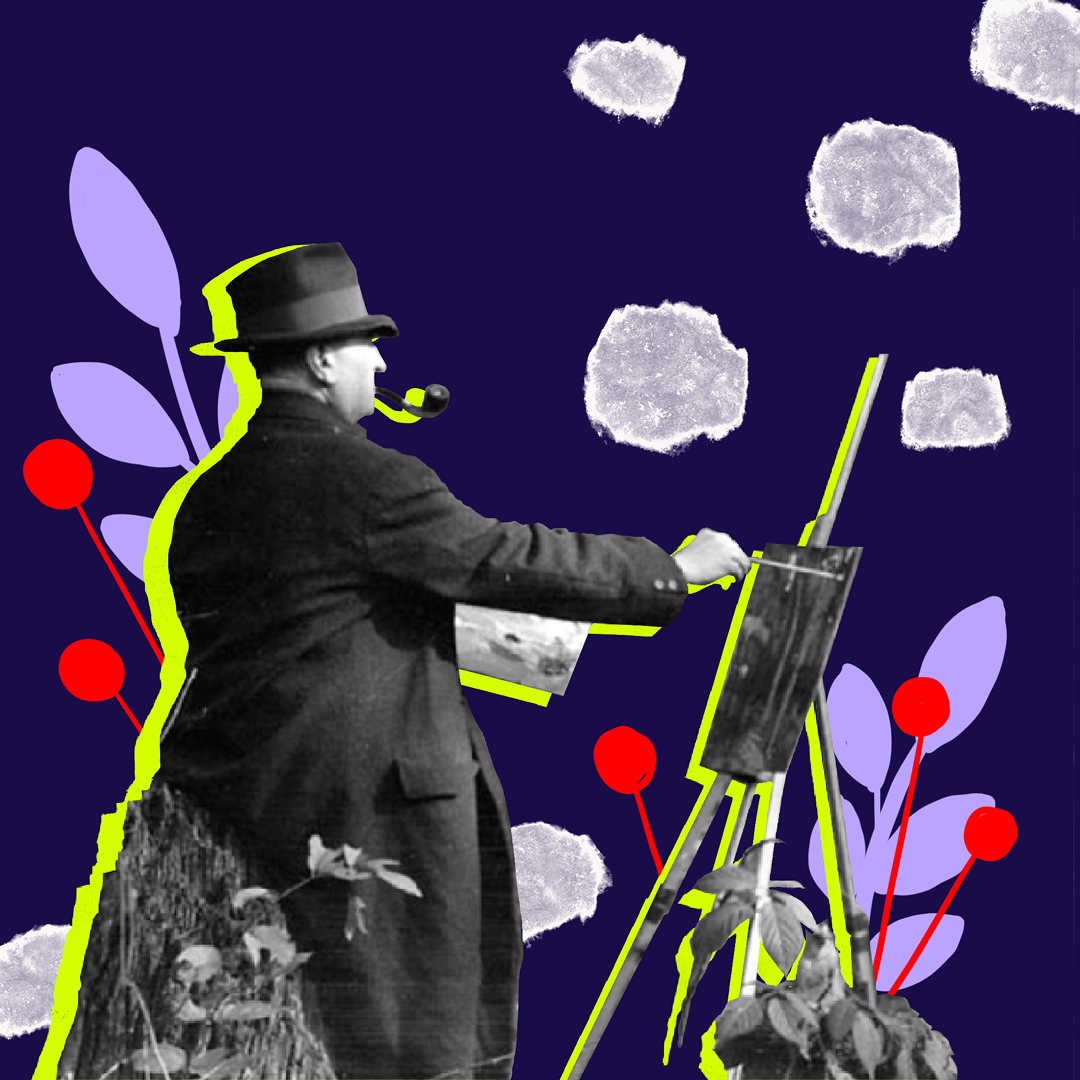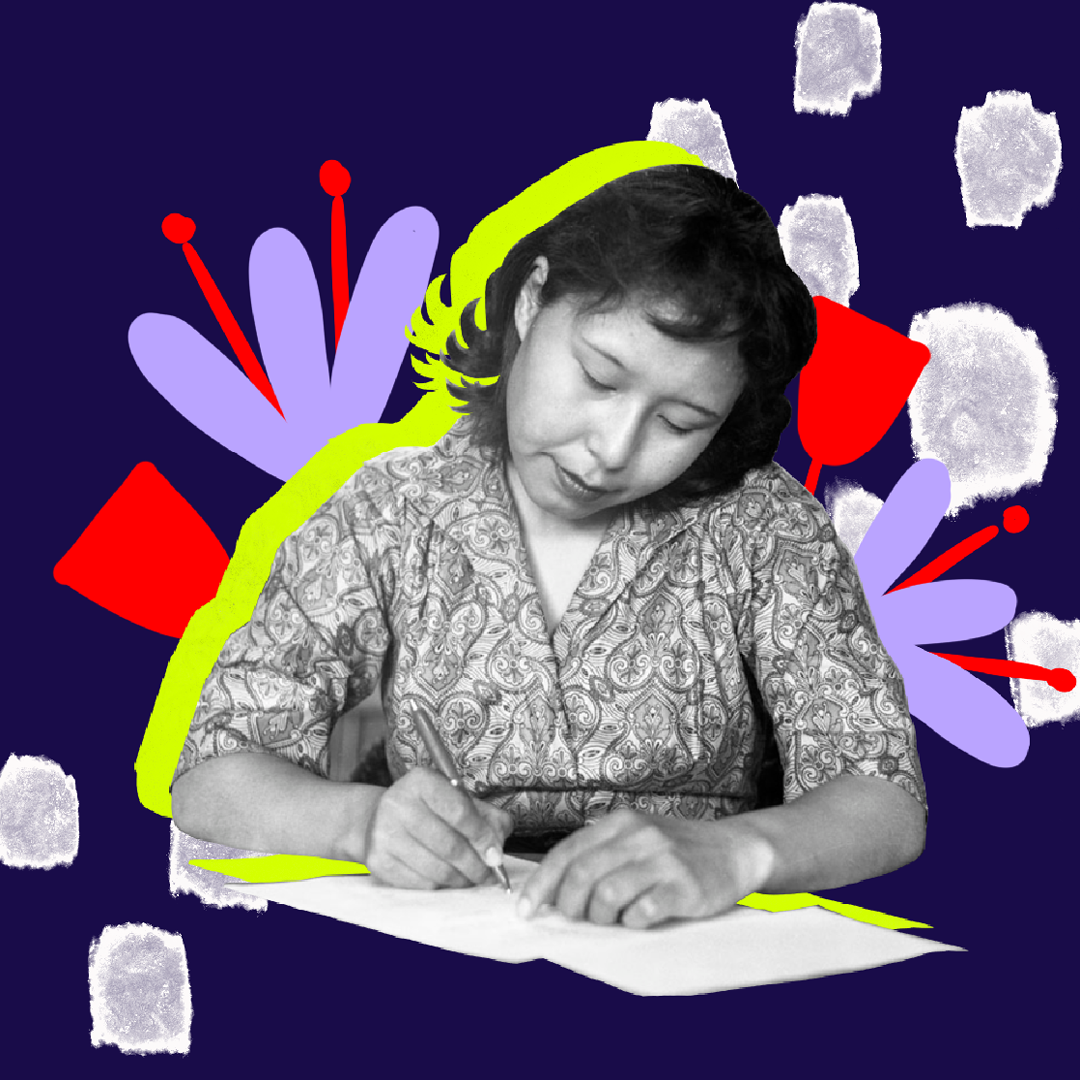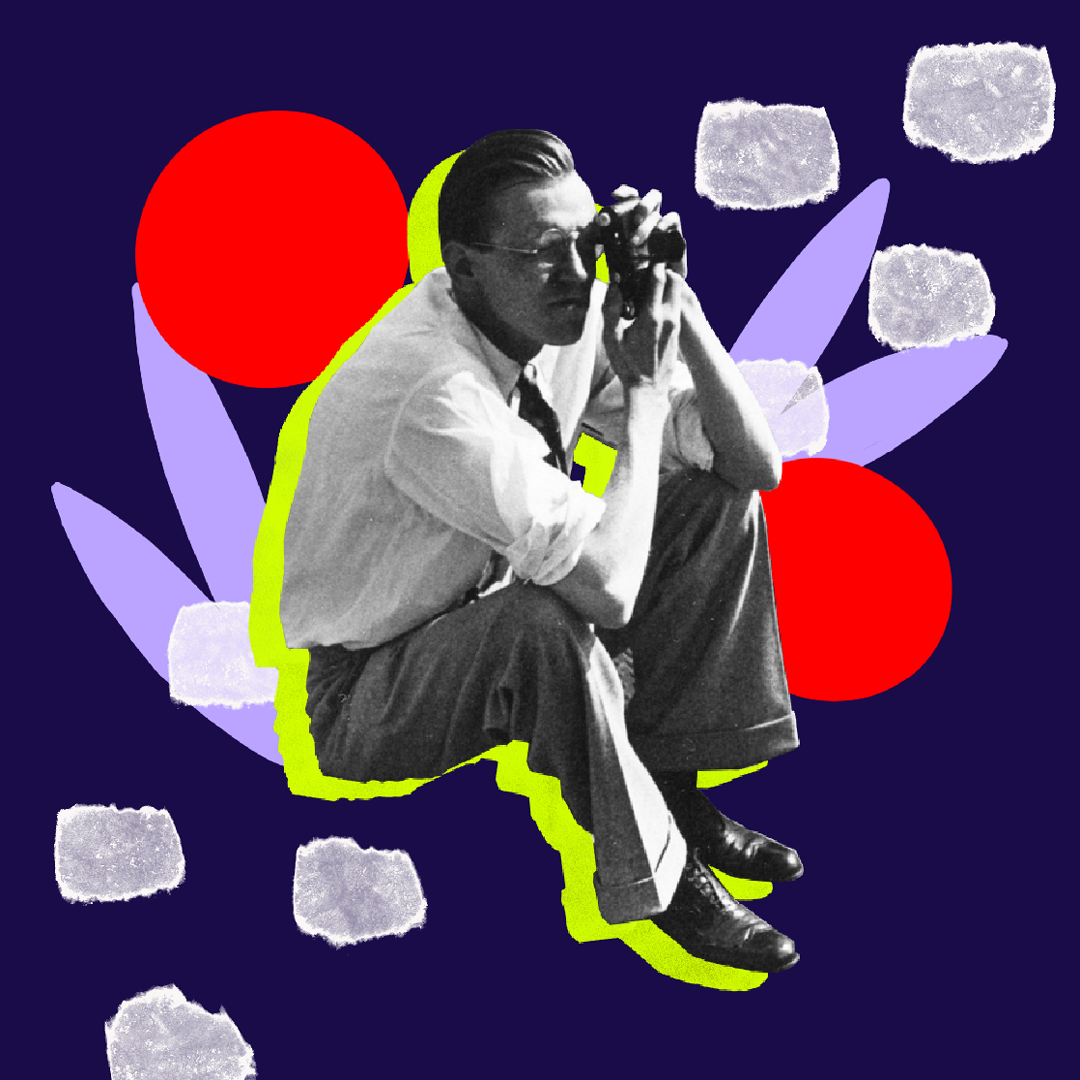Following the success of “Culture to Go: Winter 2021 Session”, the Société de développement des périodiques culturels québécois (SODEP) and Érudit are once again joining forces to present “Culture to Go – Summer 2021 Session”. This time, it’s a corpus of a dozen texts taken from Quebec cultural periodicals that you’ll be able to discover during the months of July and August, around the theme of “creation”. The articles, presented via Érudit’s and the SODEP’s social networks, are gathered here. Érudit distributes digital versions of current issues and archives of several cultural magazines. Tens of thousands of cultural articles are freely accessible on the Érudit platform.
Discover the first edition of the project: “Culture to Go: Summer 2020 Session”.

RELATIONS
Arpin-Simonetti, Emiliano. “La puissance de la création.” Relations, number 784, may-june 2016, p. 14–16.
Wherever exacerbated liberalism dissolves social bonds, wherever capitalism ravages nature, wherever colonialism crushes peoples and fundamentalism stifles revolt, voices are busy (even in silence) creating or recreating the language of solidarity.
Read on Érudit: https://id.erudit.org/iderudit/81897ac (in French)

LIBERTÉ
Roy, Alain. “La création littéraire à l’université ou le refoulé de la critique.” Liberté, volume 37, number 4 (220), august 1995, p. 20–34.
What’s important to note is that the resistance of those opposed to creative writing bears witness to a real divide, in their minds, between the critical act and the act of creation, a divide that seems to indicate that positivist ideology is still rife, and perhaps more so than ever, in literature departments, even if this flaw has been repeatedly denounced by the most influential thinkers of recent decades.
Read on Érudit: https://id.erudit.org/iderudit/32320ac (in French)

ETC MEDIA
Dagenais, Francine. “Grupmuv Towards a Self-Creative Practice: Cultivating a Sensible Observer.” ETC MEDIA, number 103, october 2014, february 2015, p. 32–37.
For Grupmuv, “giving movement to the image remains a gesture of drawing,” implying that the body is foundational to the act of drawing. And while the gesture is paramount, its transposition into a mediated representation, from body to figure to image, is all the more so. Here, the real and the virtual occupy a non- hierarchical place, “considering the image as a reality in itself.”
Read on Érudit: https://id.erudit.org/iderudit/72958ac

SPIRALE
Lambert, Kev. “Les pratiques de la théorie : créer à l’université, entretien avec Louise Dupré et Martine Delvaux.” Spirale, number 270, fall 2019, p. 24–29.
We tend too much, I think, to see academic work as a kind of record of knowledge. We forget that thinking and analyzing are always about creating, inventing and shaping. Research-creation enables us to address these questions openly, to problematize them, to turn them into a method for restoring the poetry of thought, and to reveal writing as the very thing that produces thought.
Read on Érudit: https://id.erudit.org/iderudit/92243ac (in French)

ESPACE ART ACTUEL
Paré, André-Louis. “Migrations, Borders and… Creation / Migrations, frontières et… création.” Espace, number 111, fall 2015, p. 2–11.
As Marc Augé puts it, in the age of globalization, borders “never disappear, they are redrawn”. As such, they remain a factor of socio-cultural identification. However, from a migratory perspective, displacement teeters between loss and project. Exile […] can be a springboard towards a way out of oneself. From then on, migration favors a “passage of the subject”. A passage that gives hope for new practices of freedom within a double, or even multiple, belonging. A belonging that contributes to the development of a more inclusive society.
Read on Érudit: https://id.erudit.org/iderudit/78789ac (in French)

CIEL VARIABLE
Nimis, Érika. “Katia Kameli, Délio Jasse, Vasco Araújo. Des photographies sorties de l’oubli pour écrire les chapitres manquants de l’Histoire / Katia Kameli, Délio Jasse, Vasco Araújo. Photographs Back from the Void to Write Missing Chapters of History.” Ciel variable, number 107, fall 2017, p. 58–65.
These photographic images help to overcome the silences of official history, and even to repair the traumas of memory, by offering contemporary eyes “traces” of places, events and, above all, faces that decompartmentalize and liberate History.
Read on Érudit: https://id.erudit.org/iderudit/86669ac (in French)

MŒBIUS
Kawczak, Paul. “Penser la création avec Paul Kawczak.” Moebius, number 162, summer 2019, p. 81–87.
Creation is the only thing that really consoles me — otherwise, I’m a very sad person — the only time when I believe a little in the pile of dough that I am. What could be more boring than the rest? We have to get back to basics : first and foremost, there’s our meat.
Read on Érudit: https://id.erudit.org/iderudit/92361ac (in French)
Martelly, Stéphane. “Penser la création avec Stéphane Martelly.” Moebius, number 160, winter 2019, p. 119–123.
Allowing oneself to fail means bringing writing back to a more graspable dimension, free from the ethereal, paralyzing myth of the great work; it means emphasizing the doing, while keeping desire on the side of unfulfilled potential. It means waiting for the next text.
Read on Érudit: https://id.erudit.org/iderudit/90079ac (in French)

JEU, REVUE DE THÉÂTRE
Villemure, Fernand. “Aspects de la création collective au Québec.” Jeu, number 4, winter 1977, p. 57–71.
Brainstorming or free improvisation sessions bring out not only personal problems, but also those common to many. It’s only a short step from the concerns of a group to those of an entire community; when the group succeeds in overcoming these difficult stages of working on the individual, it can then concentrate more on a subject to be worked on collectively.
Read on Érudit: https://id.erudit.org/iderudit/28548ac (in French)

NOUVEAUX CAHIERS DU SOCIALISME
Villegas, Catalina. “La grève comme force créatrice et rassembleuse. Témoignage.” Nouveaux Cahiers du socialisme, number 19, winter 2018, p. 109–111.
I thought about it for a moment, and decided that I had to take responsibility for my vote and my part in the movement. So I went to the front and grabbed a piece of the main banner, because the same young men had been holding the banner for over an hour, arms raised, under an oppressive sun.
Read on Érudit: https://id.erudit.org/iderudit/87748ac (in French)

XYZ. LA REVUE DE LA NOUVELLE
Rodriguez Saravia, Patricia. “Ève et Adam.” XYZ. La revue de la nouvelle, number 105, spring 2011, p. 65–69.
“I choose names that are poetic and easy to remember, because I’ve noticed that men like complicated things.”
Read on Érudit: https://id.erudit.org/iderudit/61344ac (in French)

Visual credits : Tatiana Matsoulevitch